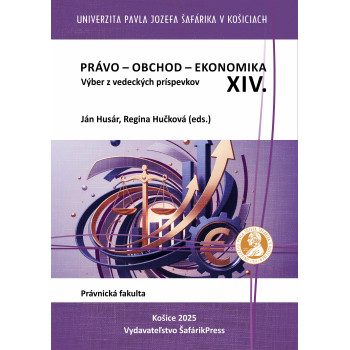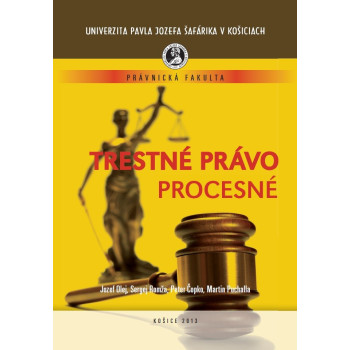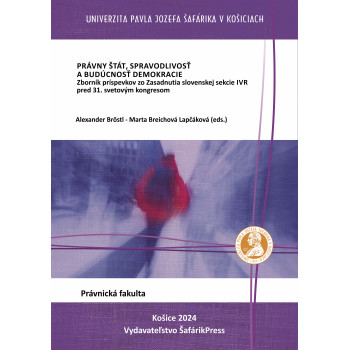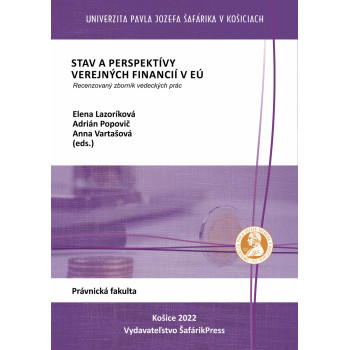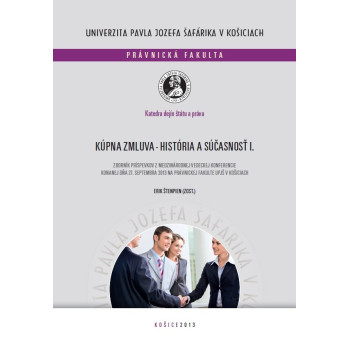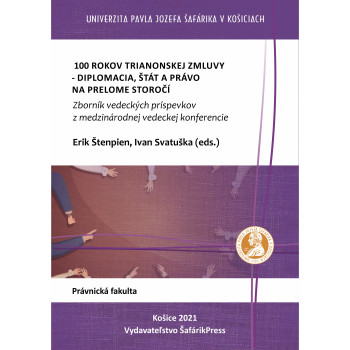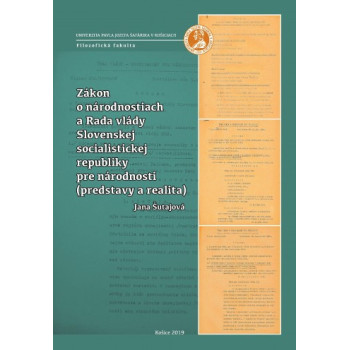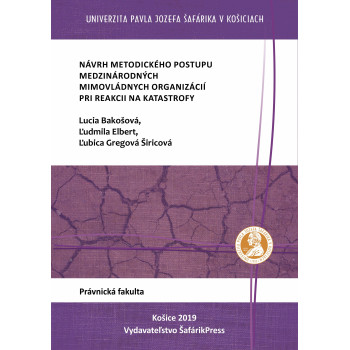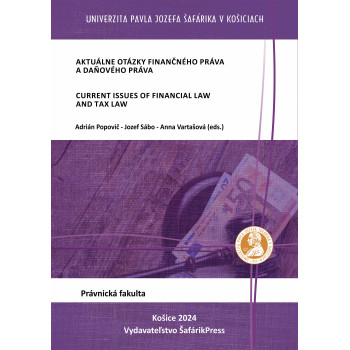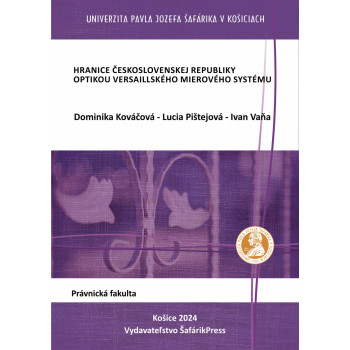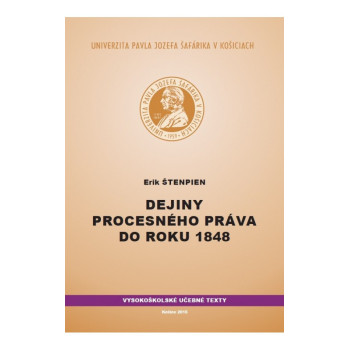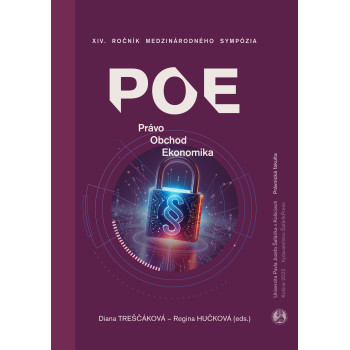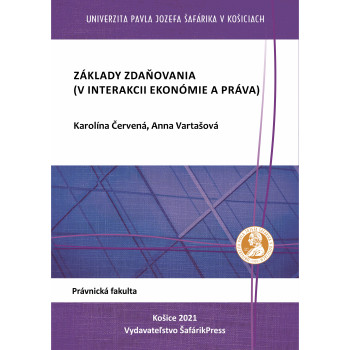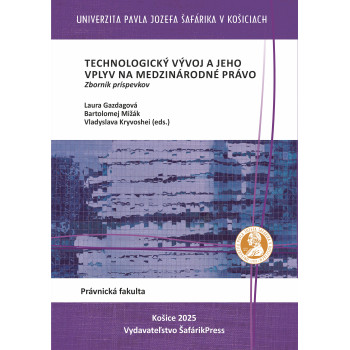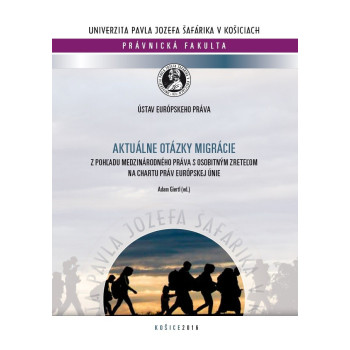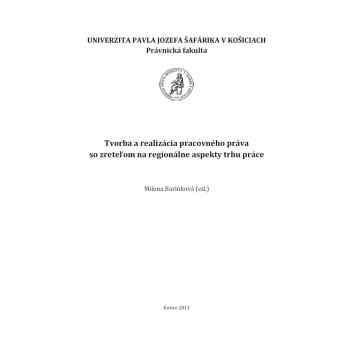
Právo-Obchod-Ekonomika XIV (2025)
E-publication
Ján Husár - Regina Hučková (eds.)
Proceedings LAW – BUSINESS – ECONOMICS XIV. present an interdisciplinary collection of scholarly contributions that reflect current trends, challenges, and developments in the fields of law, business, and economics. The publication brings together authors from academia as well as professional practice and offers analytical, comparative, and application-oriented studies. The thematic core of the proceedings consists primarily of issues related to contemporary legal regulation and its impacts on the business environment, economic aspects of legislative changes, as well as topics such as digital transformation, international trade, and financial markets. The contributions are characterized by their topical relevance, academic depth, and emphasis on connecting theory with practical solutions. The proceedings are intended for the professional public, academics, students of law and economics, as well as practitioners working in the legal, business, and economic spheres. They represent a valuable source of information for understanding current interdisciplinary trends and their effects on the legal and economic environment.
Download the e-book for free



